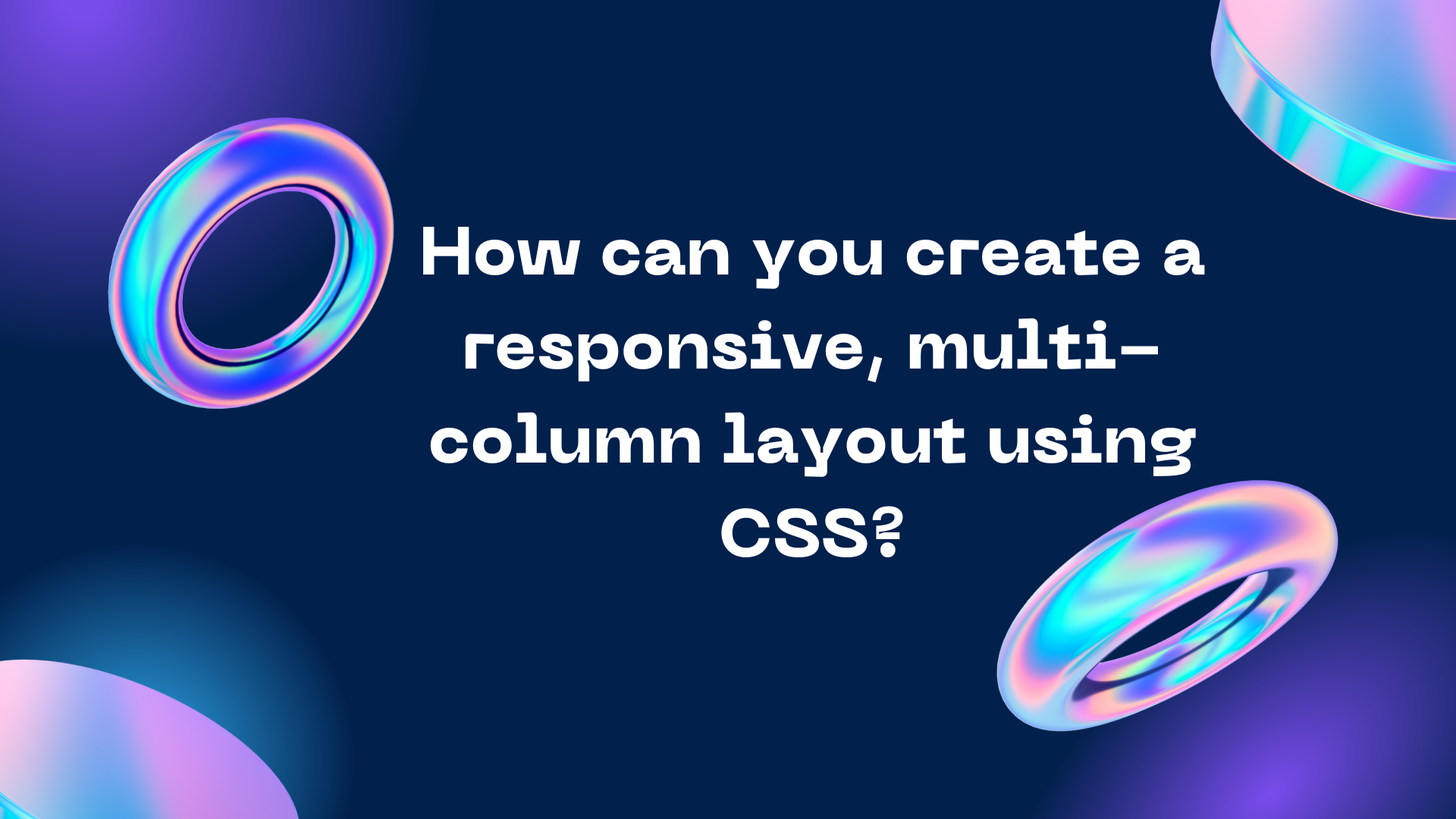How is chatGPT helpful for Mental health support?
Introduction
ChatGPT is an advanced Artificial Intelligence (AI) language model that has been trained on a large corpus of texts. It is designed to generate human-like responses to various queries or questions asked by users. The technology has been used in different sectors, including mental health support. ChatGPT provides a unique platform that offers personalized, confidential, and non-judgmental support to individuals experiencing mental health issues. This essay examines how ChatGPT can be helpful in providing mental health support to individuals who need it.
What is Mental Health?
Mental health is a state of well-being in which an individual can realize their abilities, cope with the normal stresses of life, work productively, and contribute to their community. Mental health is an integral component of overall health, and it affects how we think, feels, and behave. Mental health can be influenced by different factors, including genetics, environment, and lifestyle.
Mental Health Support
Mental health support refers to various interventions aimed at promoting mental well-beingd addressing mental health issues. Mental health support can take different forms, including psychotherapy, medication, and self-help. The type of support offered depends on the individual's needs, the severity of the condition, and the available resources.
ChatGPT as a Mental Health Support Tool
ChatGPT can be used as a mental health support tool to provide personalized, confidential, and non-judgmental support to individuals experiencing mental health issues. ChatGPT offers a unique platform that allows individuals to access mental health support without fear of stigma or judgment. The following are some of the ways in which ChatGPT can be helpful in providing mental health support:
1- Accessibility
One of the advantages of ChatGPT is that it is accessible to anyone with an internet connection. This means that individuals can access mental health support from anywhere and at any time. This is particularly beneficial for individuals who live in remote areas or those who have mobility issues. ChatGPT also provides a level of anonymity that makes it easier for individuals to seek help without fear of being identified.
2- Personalization
ChatGPT can provide personalized mental health support to individuals based on their specific needs. The technology can be programmed to ask relevant questions and provide tailored responses that address the individual's concerns. This makes the support more effective and increases the likelihood of positive outcomes.
3- Non-judgmental Support
ChatGPT provides non-judgmental support to individuals experiencing mental health issues. Unlike human counselors or therapists, ChatGPT does not have preconceived notions or biases that may influence the support provided. This makes it easier for individuals to share their experiences and seek help without fear of being judged.
4- Confidentiality
ChatGPT offers a level of confidentiality that makes it easier for individuals to seek help without fear of their personal information being shared. The technology can be programmed to keep the conversations between the individual and the system private. This can help to build trust and increase the individual's willingness to seek help.
5- Cost-Effective
ChatGPT is a cost-effective mental health support tool compared to traditional forms of support, such as therapy or counseling. This is particularly beneficial for individuals who cannot afford expensive forms of support or those who do not have access to mental health services.
6- 24/7 Support
ChatGPT can provide 24/7 mental health support to individuals. This means that individuals can access support at any time of the day or night, which is particularly beneficial for individuals who experience mental health issues outside of regular business hours.
Limitations of ChatGPT as a Mental Health Support Tool
While ChatGPT can be a helpful mental health support tool, it also has some limitations. Some of the limitations include:
1- Lack of Human Connection: ChatGPT lacks the human connection that is essential in building trust and rapport with individuals seeking mental health support. Unlike human counselors or therapists, ChatGPT cannot provide empathy, compassion, or emotional support. Some individuals may find it difficult to connect with an AI system and may prefer human interaction.
2- Limited Scope: ChatGPT is limited in its scope of providing mental health support. It may not be able to diagnose mental health conditions accurately or provide treatment recommendations. ChatGPT can only provide support within its programmed limitations, and some complex mental health issues may require human intervention.
3- Language Barriers: ChatGPT may not be effective in providing mental health support to individuals who do not speak the language in which the technology is programmed. ChatGPT is currently available in English, and individuals who speak other languages may not be able to access the support they need.
4- Technical Issues: ChatGPT relies on technology to function, and technical issues can occur that may affect the quality of support provided. For example, if there is a glitch in the system, it may provide inaccurate or irrelevant responses, which can be frustrating for individuals seeking support.
5- Lack of Physical Support: ChatGPT cannot provide physical support or intervention for individuals experiencing a mental health crisis. In some cases, individuals may require immediate medical attention or intervention, and ChatGPT may not be equipped to provide such support.
Conclusion
In conclusion, ChatGPT can be a helpful mental health support tool that provides personalized, confidential, and non-judgmental support to individuals experiencing mental health issues. ChatGPT is accessible, cost-effective, and provides 24/7 support, making it a convenient option for individuals seeking mental health support. However, ChatGPT also has some limitations, including the lack of human connection, limited scope, language barriers, technical issues, and the inability to provide physical support. It is important to understand the limitations of ChatGPT and to seek human intervention when necessary to ensure individuals receive the best possible mental health support.
If you enjoy this article or find it helpful. Please like, comment, and share this post.




Comments
Post a Comment